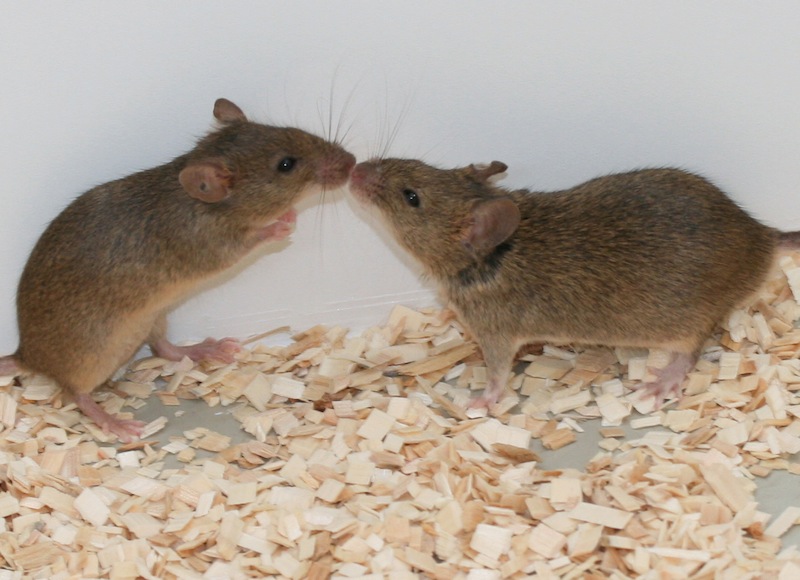For Mice, the Smell of Urine Is Sexy

Get the world’s most fascinating discoveries delivered straight to your inbox.
You are now subscribed
Your newsletter sign-up was successful
Want to add more newsletters?

Delivered Daily
Daily Newsletter
Sign up for the latest discoveries, groundbreaking research and fascinating breakthroughs that impact you and the wider world direct to your inbox.

Once a week
Life's Little Mysteries
Feed your curiosity with an exclusive mystery every week, solved with science and delivered direct to your inbox before it's seen anywhere else.

Once a week
How It Works
Sign up to our free science & technology newsletter for your weekly fix of fascinating articles, quick quizzes, amazing images, and more

Delivered daily
Space.com Newsletter
Breaking space news, the latest updates on rocket launches, skywatching events and more!

Once a month
Watch This Space
Sign up to our monthly entertainment newsletter to keep up with all our coverage of the latest sci-fi and space movies, tv shows, games and books.

Once a week
Night Sky This Week
Discover this week's must-see night sky events, moon phases, and stunning astrophotos. Sign up for our skywatching newsletter and explore the universe with us!
Join the club
Get full access to premium articles, exclusive features and a growing list of member rewards.
There might be a link between fatherhood and urine spraying for mice.
In a new study, researchers found that male house mice that surpass their peers at marking their territory tend to have more offspring.
Many animals use scent marking as a form of communication, from elephants and dogs to fish and crustaceans. Male giant pandas even spray their urine while in a handstand to reach the widest odor field. An animal's pee can convey a host of information to a potential mate or rival, including social dominance, sexual receptivity and health.
This is true for mice, too. Researchers had observed that dominant males marked their territory more than their subordinate peers. For the new study, a team in Austria set out to investigate whether a male mouse's scent-marking success enhances its reproductive success (i.e., how many babies it has). The researchers found that, yes, it does. [7 Ways Animals Are Like Humans]
"Our study provides the first direct evidence that scent marking is maintained by sexual selection, as it enhanced males' reproductive success when females could choose their mates," study researcher Dustin Penn, of the University of Veterinary Medicine in Vienna, explained in a statement.
In their experiments, Penn and colleagues collected the male mice's urine on PVC tiles in the animals' individual compartments. The team then simulated territorial intrusion by swapping tiles in the enclosures. Males generally ramped up their scent marking when they perceived a competitor in their territory, the researchers found.
In a second part of the experiment, the scientists let female mice choose to interact and mate with either or both of two unrelated males, each in their own territory.
Get the world’s most fascinating discoveries delivered straight to your inbox.
Let's just be friends
To check on the reproductive success of the mice, the researchers performed paternity tests on the babies born throughout the course of the study. The researchers also observed the social interactions of the mice each day.
While male mice that were better scent-markers produced more offspring, surprisingly, the team found that female mice were more likely to socialize with the less flashy males that had less scent-marking success.
The researchers speculate that perhaps the females, by doing so, were trying to incite male-on-male competition. The scientists wrote that their findings emphasize that female social preferences don't necessarily reflect their mating preferences.
The researchers say they are investigating the biochemistry of mouse urine to get a closer look at the communication signals it contains.
The research is detailed in the November issue of the journal Animal Behaviour.
Follow Megan Gannon on Twitter and Google+. Follow us @livescience, Facebook & Google+. Original article on LiveScience.

 Live Science Plus
Live Science Plus










